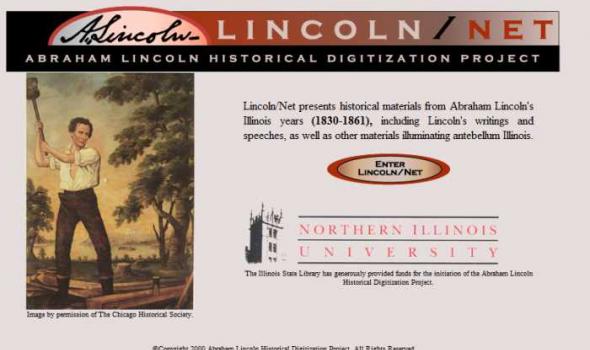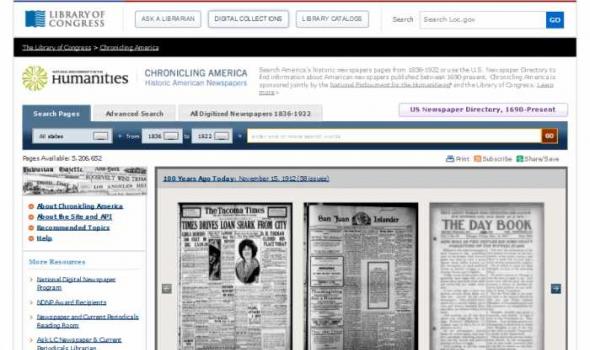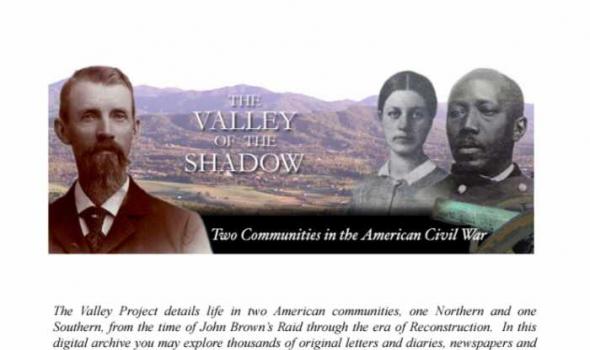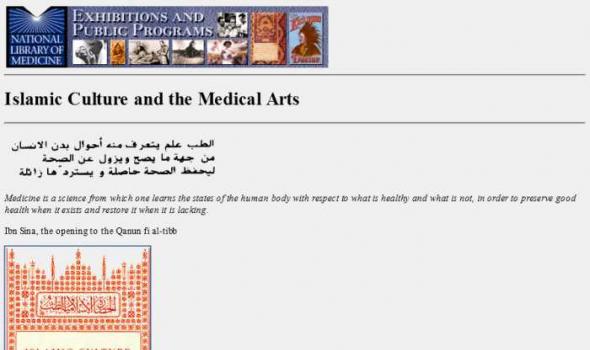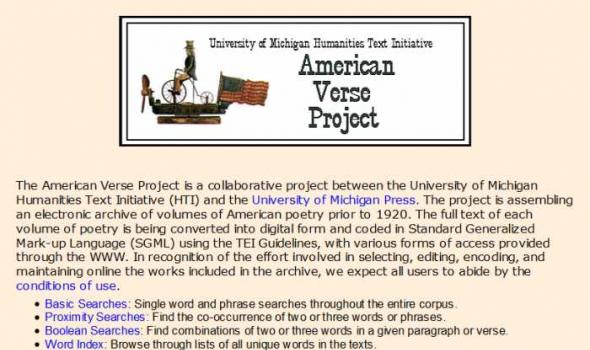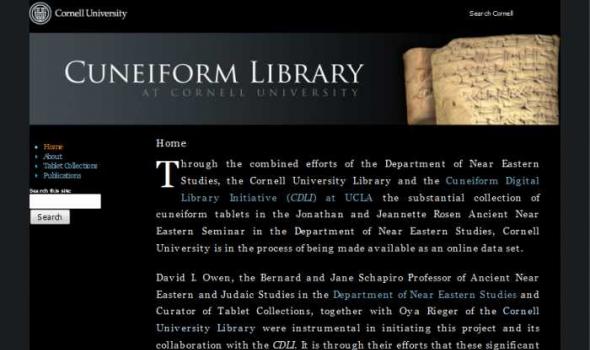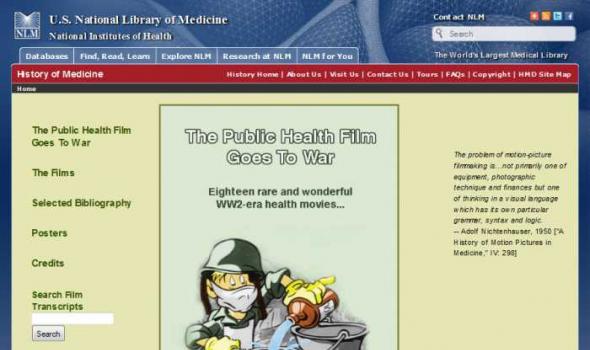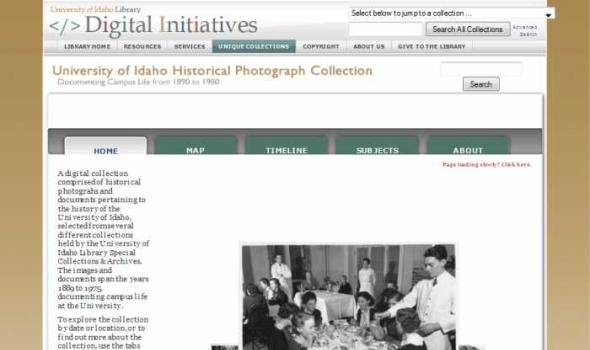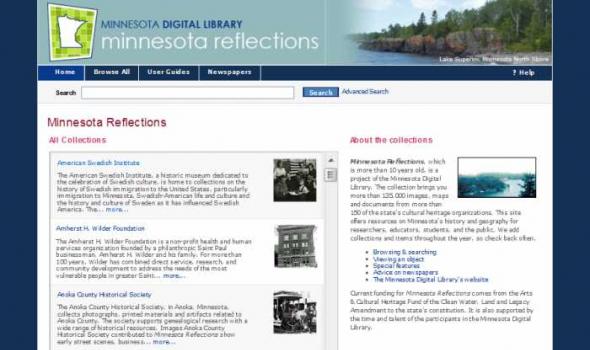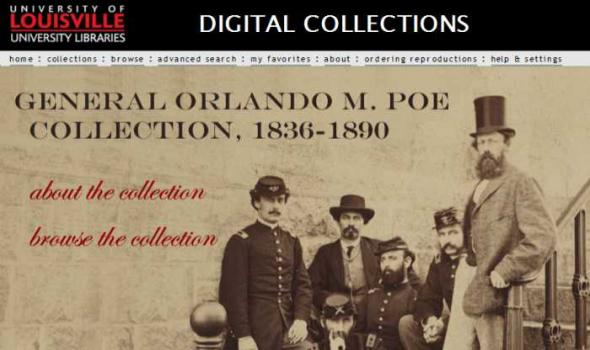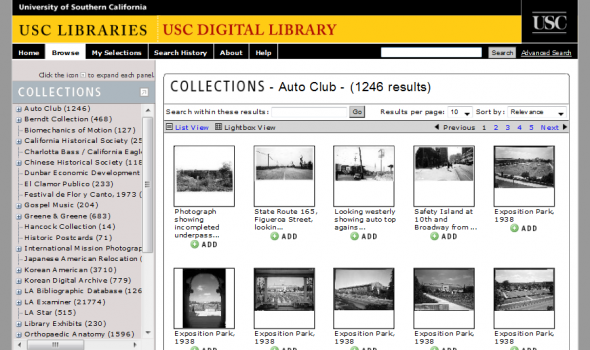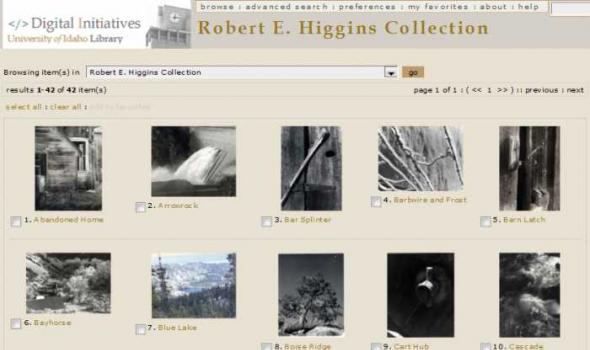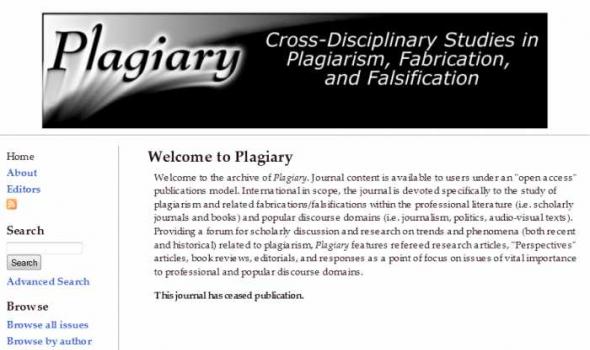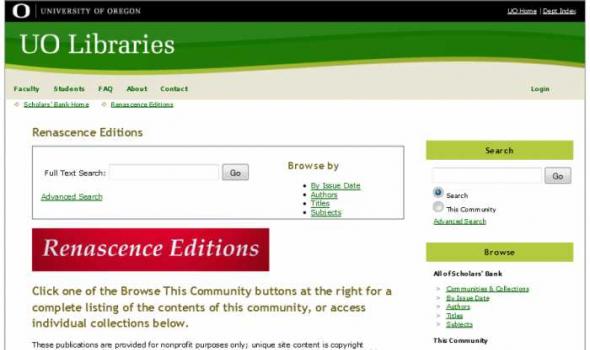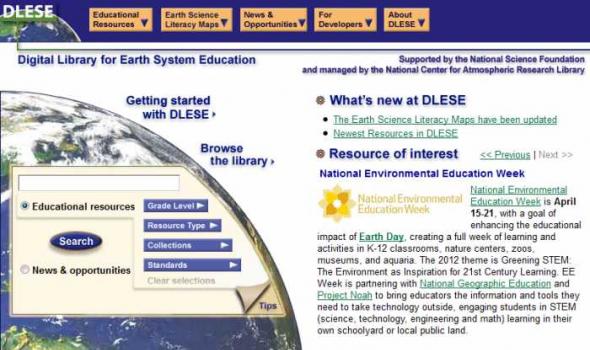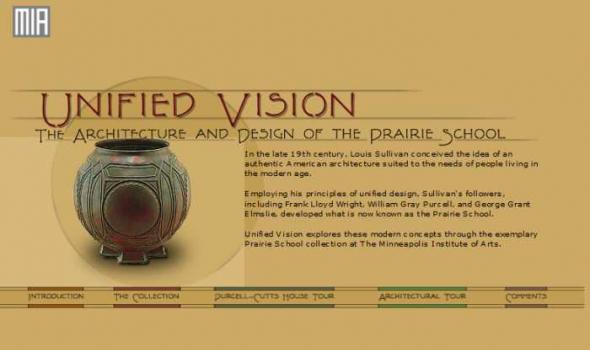History of the United States
During the debates on the adoption of the Constitution, its opponents repeatedly charged that the Constitution as drafted would open the way to tyranny by the central government. Fresh in their minds was the memory of the British violation of civil rights before and during the Revolution. They demanded a "bill of rights" that would spell out the immunities of individual citizens.
In 1861 Abraham Lincoln (1809-1865) became the United States' sixteenth president. But before Lincoln became the nation's chief executive, he led a fascinating life that sheds considerable light upon significant themes in American history. This World Wide Web site presents materials from Lincoln's Illinois years (1830-1861), supplemented by resources from Illinois' early years of statehood (1818-1829). Thus Lincoln/Net provides a record of Lincoln's career, but it also uses his experiences as a lens through which users might explore and analyze his social and political context. How to Use Lincoln/Net: Northern Illinois University Libraries' digitization projects rely upon financial support provided by individual donors, private foundations, and state and federal agencies.
Chronicling America: Historic American Newspapers Search America's historic newspapers pages from 1836-1922 or use the U.S. Newspaper Directory to find information about American newspapers published between 1690-present. Chronicling America is sponsored jointly by the National Endowment for the Humanities external link and the Library of Congress. Learn more Pages Available: 5,206,652 About Chronicling America Chronicling America is a Website providing access to information about historic newspapers and select digitized newspaper pages, and is produced by the National Digital Newspaper Program (NDNP).
The Valley Project details life in two American communities, one Northern and one Southern, from the time of John Brown's Raid through the era of reconstruction. In this digital archive you may explore thousands of original letters and diaries, newspapers and speeches, census and church records, left by men and women in Augusta County, Virginia, and Franklin County, Pennsylvania. Giving voice to hundreds of individual people, the Valley Project tells forgotten stories of life during the era of the civil war.

